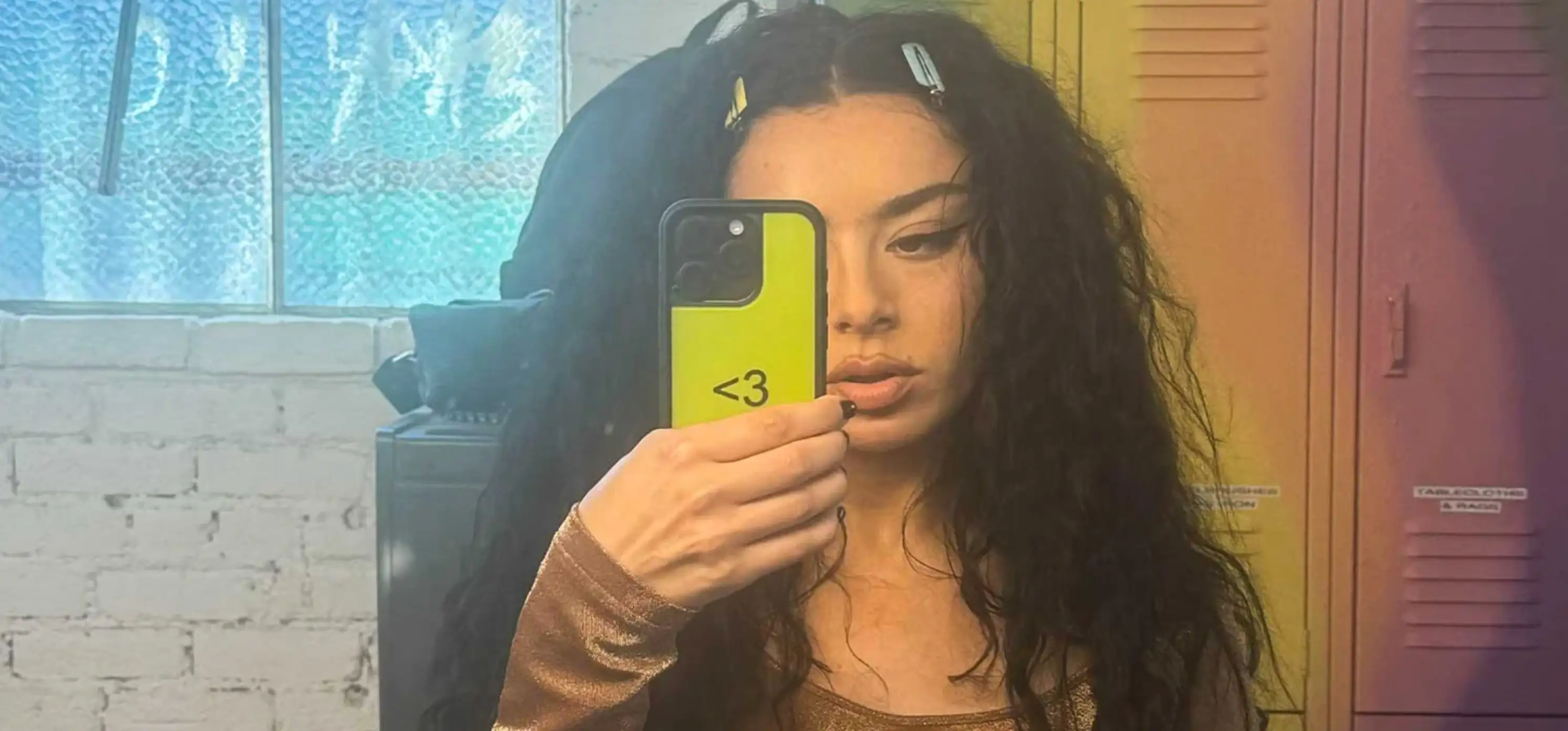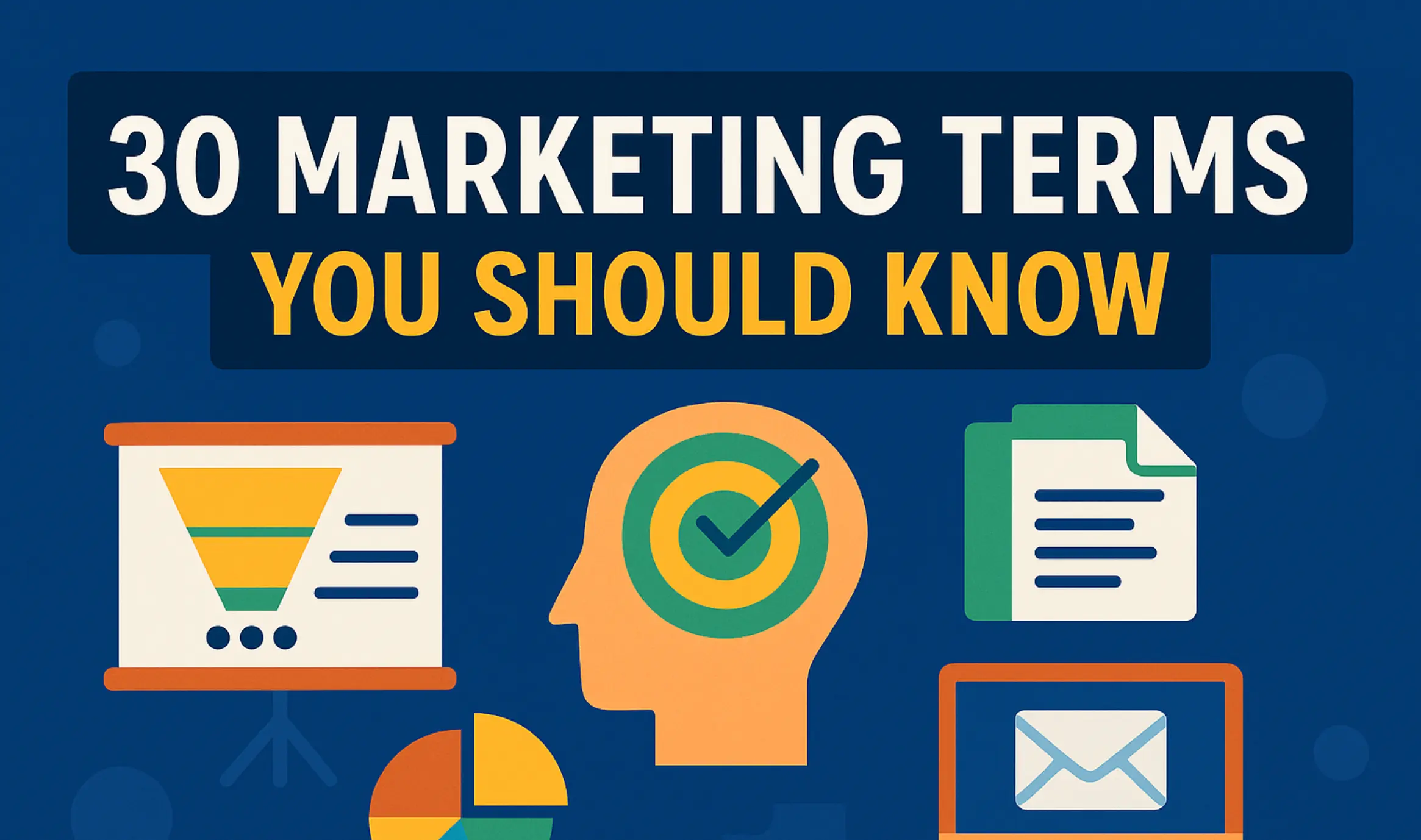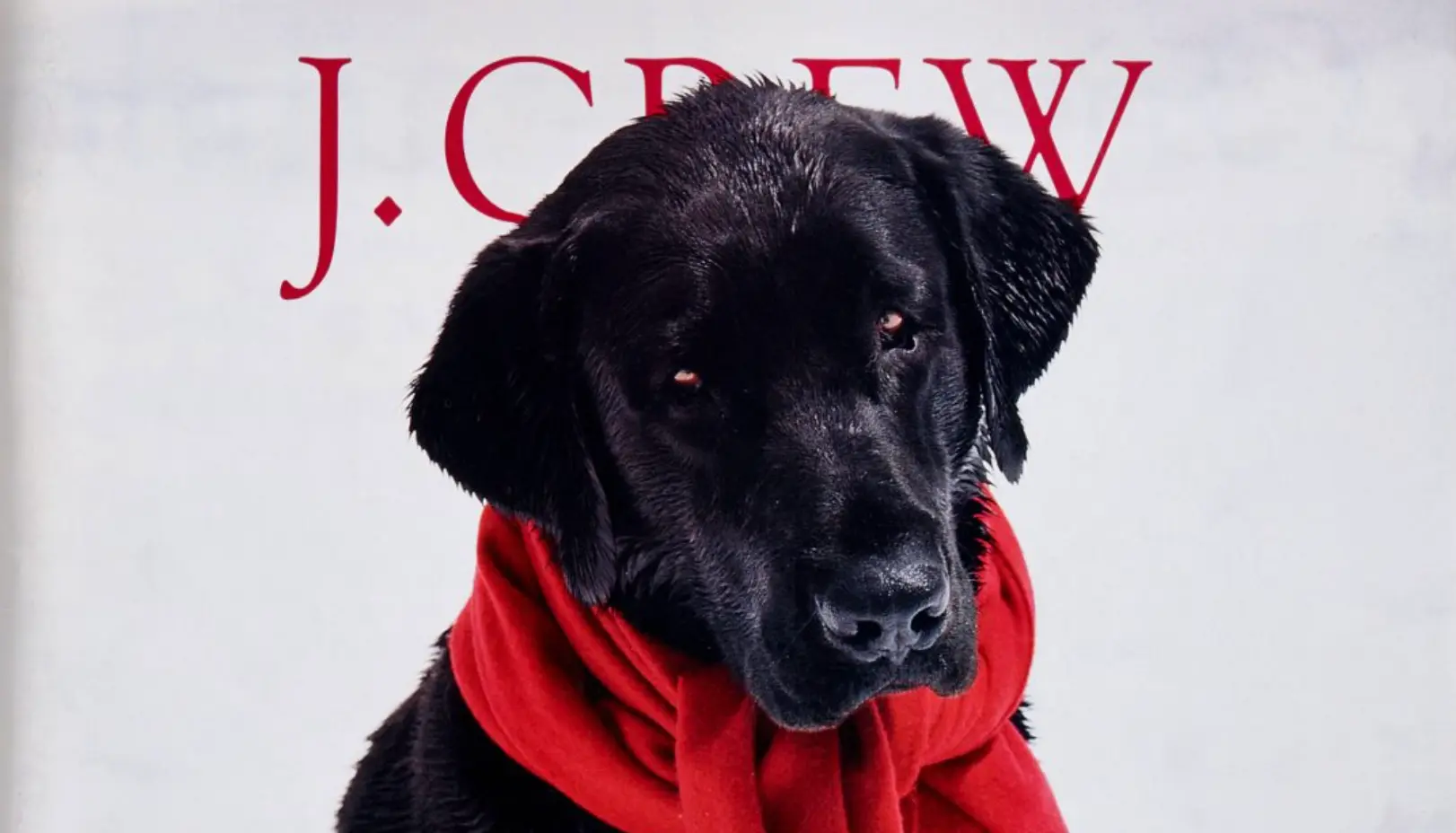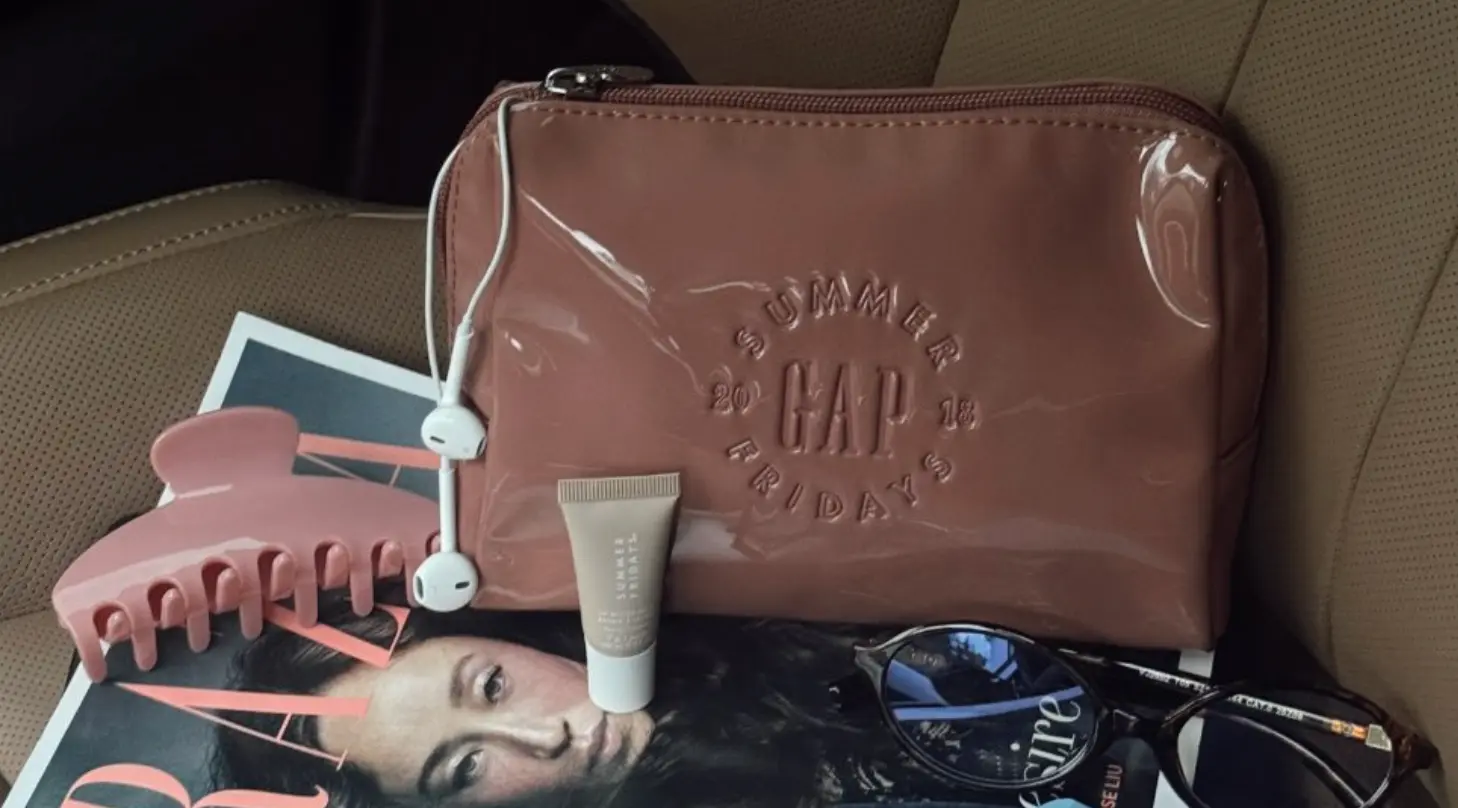Inside Aesop’s Unique Marketing Strategy
Updated on
Published on

Aesop, the Australian skincare brand known for minimalist packaging and plant-based formulas, has carved out a unique space in the competitive world of luxury skincare. While other brands may focus heavily on traditional advertising or flashy visuals, Aesop has taken a different approach, emphasizing brand ethos, subtlety, and authenticity. With the right approach, a Liquidation Company can offer value in ways that resonate with Aesop’s brand principles: quality, thoughtful presentation, and an experience that feels personal and memorable. Here’s a breakdown of Aesop’s marketing strategy and how it has helped the brand grow a devoted, global customer base.
1. Brand Identity Rooted in Minimalism
Aesop is synonymous with minimalism. The brand’s approach extends to every aspect of its product marketing and product design. Rather than using bright colors or fancy packaging, Aesop products feature simple, apothecary-style brown glass bottles. The packaging is functional and environmentally friendly, helping the brand appeal to customers who value sustainability.
Uncluttered Design: The design of Aesop's products is sleek, devoid of any unnecessary embellishments.
Focus on Functionality: Aesop’s packaging materials are recyclable, and the brand minimizes the use of plastic.
Consistency in Aesthetics: The look of Aesop’s products aligns with the decor of their stores, creating a seamless brand experience.
2. Unique, Experience-Centered Store Design
Aesop stores are visually distinct, and no two stores look the same. Each location is customized to reflect the culture and architecture of the surrounding neighborhood, often designed in collaboration with local architects and artists. This local approach has several advantages:
Memorable In-Store Experience: Each store is designed to be an experience, with each product displayed in an uncluttered, gallery-like setting.
Cultural Integration: By collaborating with local designers, Aesop aligns with the culture of the area, creating a sense of belonging and community.
Repeat Visits: The unique design of each store encourages customers to visit different Aesop locations to see the new aesthetics.
3. Emphasis on Customer Education, Not Selling
Unlike many skincare brands that push for immediate sales, Aesop focuses on educating customers about the ingredients and philosophy behind each product. In-store staff are trained to share in-depth knowledge rather than focus on upselling.
Focus on Ingredients: Aesop emphasizes plant-based ingredients and shares the benefits of each.
Product Stories: The brand explains the purpose and origins of ingredients, building trust with customers.
Guided, Personalized Consultations: Aesop’s retail team is trained to guide customers through the product line, offering tailored recommendations based on individual needs.

4. Subtle, Content-Driven Marketing Approach
Aesop’s marketing strategy is heavily content-focused, centering around thoughtful storytelling rather than aggressive advertising. Rather than relying on traditional advertising channels, Aesop has built its reputation through word-of-mouth, organic social media, and curated content.
No Direct Advertising: Aesop avoids television and online ads, focusing instead on content that aligns with its brand values.
Brand Magazine – “The Fabulist”: Aesop publishes “The Fabulist,” a monthly online magazine that features interviews, essays, and recommendations on culture, travel, and literature.
Social Media Presence: Aesop’s Instagram features minimalistic product photos and content about art, literature, and culture rather than promotional posts.
5. Premium Pricing and Exclusivity
Aesop positions itself as a luxury brand, targeting a higher-income demographic. This premium pricing strategy is deliberate, aiming to establish Aesop as an exclusive brand without diluting its image through discounts or broad accessibility.
Limited Distribution Channels: Aesop is selective about where its products are sold, opting for upscale boutiques and high-end department stores.
No Discounts or Sales: By avoiding discounts, Aesop maintains a luxury status, which appeals to a clientele willing to pay a premium for quality and experience.
Exclusive Collaborations: Aesop occasionally partners with high-end hotels and fashion brands to reinforce its luxury image.
6. Community Engagement and Sustainability
Aesop has built a brand that appeals to environmentally conscious consumers. The company promotes sustainability through its eco-friendly packaging, responsible sourcing, and community-oriented initiatives.
Eco-Friendly Packaging: Aesop uses recyclable and biodegradable materials, as well as refillable containers.
Environmental Campaigns: The brand supports various environmental causes, enhancing its reputation among eco-conscious consumers.
Community Events: Aesop holds events like book readings and cultural discussions, drawing people into its stores and fostering community connections.
7. Strong Brand Loyalty and Word-of-Mouth Marketing
One of Aesop’s most effective strategies has been to cultivate loyalty among its existing customers. By offering high-quality, effective products and a consistent brand experience, Aesop has built a strong base of loyal customers who spread positive word-of-mouth.
Customer Satisfaction Focus: Aesop products are known for high quality, which leads to strong customer satisfaction.
Word-of-Mouth Referrals: Satisfied customers tend to recommend Aesop products to others, creating organic growth.
Community of Brand Advocates: Loyal customers are more than repeat buyers; they become advocates, often sharing Aesop’s products and values with their networks.
8. Subtle Celebrity and Influencer Engagement
While Aesop does not typically engage in direct influencer marketing, many celebrities and influencers have endorsed the brand independently. This approach helps Aesop maintain its exclusive, authentic image.
Selective Partnerships: Aesop collaborates with a few select influencers and public figures, allowing word-of-mouth to build credibility.
Organic Endorsements: Influencers and celebrities who genuinely use the brand’s products often share their experiences, making the endorsement appear more authentic.
9. Minimalistic, Thoughtful Packaging and Product Names
Aesop uses straightforward, descriptive names for its products, like “Parsley Seed Facial Cleanser” or “Resurrection Aromatique Hand Balm.” This simplicity and transparency set the brand apart from competitors that often use technical or elaborate names.
Transparency with Ingredients: Aesop’s approach to product naming and packaging creates an impression of honesty and simplicity.
Aligned with Brand Image: Simple product names complement the brand’s overall minimalist aesthetic.
No-Nonsense Messaging: Product names reflect Aesop’s straightforward philosophy, which appeals to customers looking for simplicity in skincare.
10. Limited Edition and Specialty Products
Aesop occasionally introduces limited-edition products, creating a sense of urgency and exclusivity around the brand. These products often feature unique packaging or formulations, appealing to collectors and loyal customers alike.
Scarcity Creates Demand: By keeping certain products limited, Aesop fosters exclusivity and enhances desirability.
Special Collaborations: Limited-edition products or collaborations with artists or designers add unique value, appealing to Aesop’s target audience.
Enhanced Brand Loyalty: Limited releases encourage customers to regularly check for new or exclusive items, increasing engagement and loyalty.
Financial and Growth Stats for Aesop
Aesop's brand and business have continued to thrive, particularly after its acquisition by L’Oréal in 2023. Here’s a snapshot of their financial performance, growth, and global reach in 2024.
Revenue and Financial Growth
2023 Revenue: Aesop's revenue exceeded $750 million, continuing its strong upward trajectory. This was a substantial increase from $537 million in 2022.
Double-Digit Growth: Aesop has grown at roughly 20% annually in recent years, which is twice the rate of the global beauty market average.
Acquisition by L’Oréal: L’Oréal acquired Aesop in a landmark $2.53 billion deal in 2023, the largest acquisition in L’Oréal’s history. This acquisition is expected to support Aesop's expansion plans in new markets and reinforce product development.
Global Store Count and Expansion
Current Store Count: Aesop operates over 400 stores across 29 countries, with major expansion efforts in Asia and North America. Japan remains its largest market, while China is its fastest-growing market.
U.S. Expansion: As of 2024, Aesop has expanded to about 90 stores across 16 U.S. states. This includes four new stores in New York City alone, as the company focuses on reaching urban markets and community-centric locations.
New Market Growth: Aesop is increasing its presence in cosmopolitan cities worldwide, with notable new stores in cities like Seattle, Hong Kong, and Rome.
Regional Market Insights
Asia as a Key Market: Asia, especially Japan, contributes to nearly 50% of Aesop’s overall revenue. China is seeing the fastest growth, with customers drawn to Aesop’s emphasis on quality and transparency.
High Customer Retention and Loyalty: Aesop’s customer retention remains high, supported by its dedication to quality and unique in-store experiences. This approach continues to foster strong brand loyalty globally.
Aesop’s strategy emphasizes sustainability, local community connections, and a distinctive brand experience, which has proven successful as it scales globally.
Key Takeaways from Aesop’s Marketing Strategy
- Subtlety Over Flash: Aesop’s marketing strategy is understated yet effective, using authentic brand-building over aggressive selling tactics.
- Consistency Across Channels: From in-store experience to product packaging, Aesop’s approach remains cohesive and purposeful.
- Focus on Experience, Not Product: Aesop’s unique store designs and customer education initiatives highlight the brand’s dedication to the customer experience.
- Environmental and Community Consciousness: Aesop attracts eco-conscious customers by integrating sustainability into its practices and supporting community engagement.







